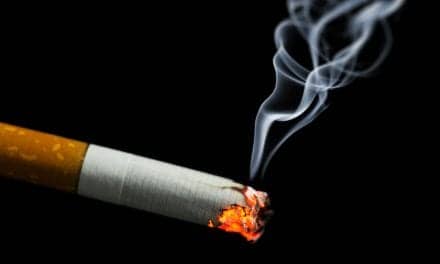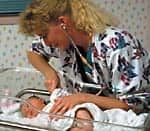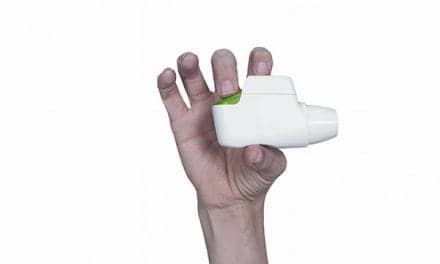Like more than 20 million other Americans, John Brugger has been diagnosed with sleep apnea. He snored, tossed and turned and struggled to breathe during the night, which often left him not only exhausted the next day but also raised his risk of heart attack, stroke and car accidents. Fed up, Brugger went to his doctor, who suggested he use a CPAP machine, which delivers air through a face mask while he sleeps to keep his throat open with continuous positive airway pressure (CPAP).
Brugger tried it a few times, but like more than half of those who get CPAP machines, he simply stopped using it. But after watching a dramatic and disturbing video of himself trying to sleep without his CPAP mask, Brugger has had a change of heart. “Now I can’t go to sleep without it. I won’t even take a nap without it,” he said.
The video was part of a pilot study led by Mark Aloia, PhD, a sleep expert at National Jewish Health in Denver. In it, Brugger watched himself writhe and periodically gasp for air during the night. “It was a powerful moment in my life,” said Brugger. “It made me cry watching it, and to see myself basically drowning in my sleep, made me very determined to fix that.”









